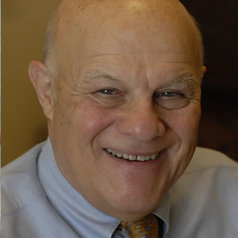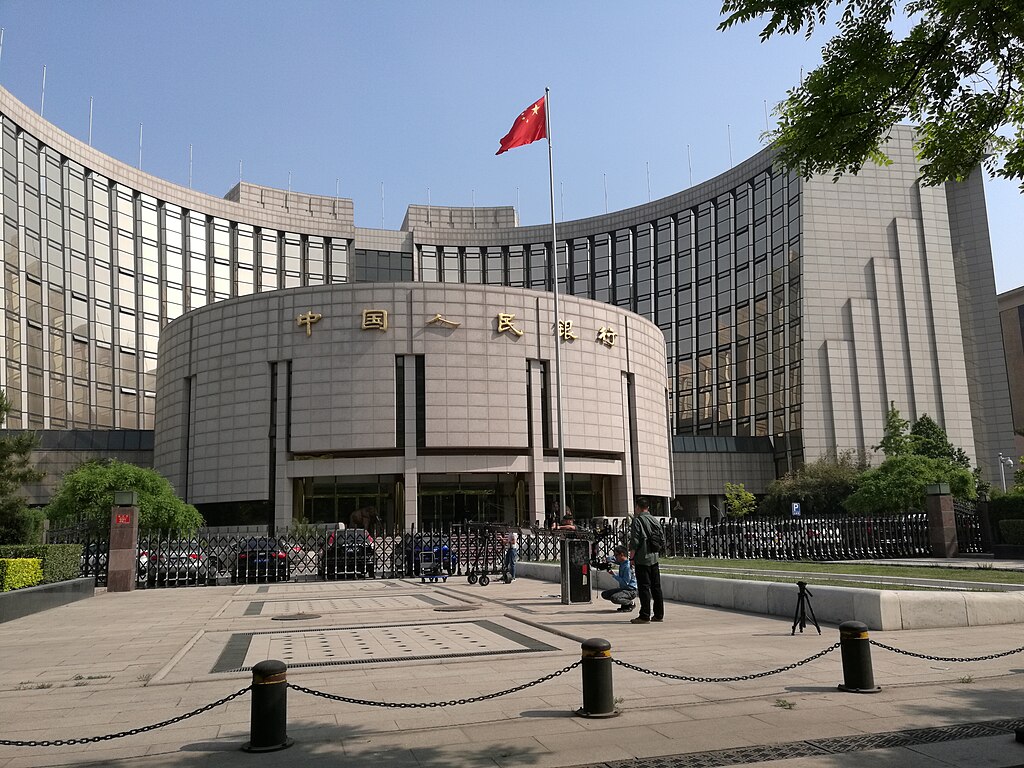
Melvyn Levitsky
Professor of International Policy and Practice, University of Michigan
Ambassador Melvyn Levitsky, a retired Career Minister in the U.S. Foreign Service, is Professor of International Policy and Practice at the University of Michigan's Gerald R. Ford School of Public Policy. He is Senior Fellow of the School's International Policy Center and a member of the University of Michigan's Substance Abuse Research Center (UMSARC) and a Faculty Associate of the University's Center for Russian and East European Studies (CREES) and of the Weiser Center for Emerging Democracies.
Prior to joining the University of Michigan in the fall of 2006, Ambassador Levitsky taught for eight years as Professor of Practice in Public Administration and International Relations at Syracuse University's Maxwell School of Citizenship and Public Affairs. He is a Distinguished Fellow of the Maxwell School's Moynihan Institute of Global Affairs. He has also taught as a Professorial Lecturer at the Johns Hopkins University School of Advanced International Studies (SAIS).
In 2003 Ambassador Levitsky was elected by a vote of the United Nations Economic and Social Council to a seat on the International Narcotics Control Board (INCB), an independent body of experts headquartered in Vienna and responsible for monitoring and promoting standards of drug control established by international treaties. He served on the INCB until 2012.
During his 35-year career as a U.S. diplomat, Ambassador Levitsky was Ambassador to Brazil from 1994-98 and before that held such senior positions as Assistant Secretary of State for International Narcotics Matters, Executive Secretary of the State Department, Ambassador to Bulgaria, Deputy Director of the Voice of America, and Deputy Assistant Secretary of State for Human Rights.
Ambassador Levitsky also served as Director of the State Department's Office of UN Political Affairs and as Officer-in-Charge of U.S.-Soviet Bilateral Relations. Earlier in his career he was political officer at the U.S. Embassy in Moscow and a Consul at U.S. Consulates in Belem, Brazil and Frankfurt, Germany.
He has a Bachelor of Arts degree from the University of Michigan and a Master of Arts degree in Political Science from the University of Iowa.

Brazil: no longer the country of the future?
Jun 02, 2016 09:58 am UTC| Insights & Views Economy
When I first served in Brazil in the mid-1960s as a young American diplomat stationed at a small consulate in Belem on the mouth of the Amazon River, the country was in its second year of a 20-year military...
- Market Data



































